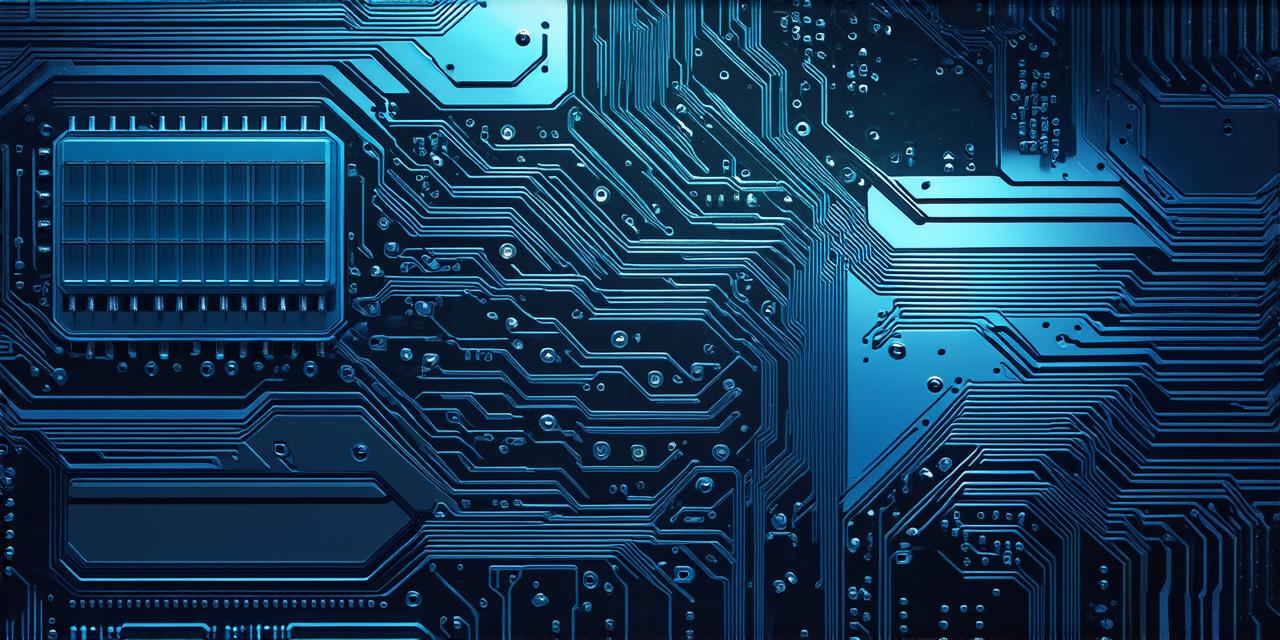As the world of gaming continues to evolve, many gamers turn to personal computers (PCs) to create and share their own games. While there are many factors that can affect a PC’s performance when it comes to game development, there are some key components that you will need in order to get started.
Hardware requirements
There are several hardware components that you will need in order to run games on a PC. These include:
- Processor (CPU)
- Graphics card (GPU)
- RAM (Random Access Memory)
- Storage drive (SSD or HDD)
Processor (CPU)
The processor, or CPU, is the brain of the computer and is responsible for executing instructions and running programs. When it comes to game development, a faster processor can help speed up rendering and improve overall performance.
For basic gaming, you will typically need at least an Intel Core i3 or AMD Ryzen 3 processor. However, if you are looking to run more demanding games or develop more complex games, you may want to consider investing in a more powerful processor such as an Intel Core i5 or AMD Ryzen 5.
Graphics card (GPU)
The graphics card, or GPU, is responsible for rendering graphics and displaying them on your screen. A dedicated graphics card can significantly improve the performance of games, especially when it comes to tasks like anti-aliasing and ray tracing.
For basic gaming, you will typically need a low-end graphics card such as an Nvidia GeForce GTX or AMD Radeon HD 6XXX. However, if you are looking to run more demanding games or develop more complex games, you may want to consider investing in a more powerful graphics card such as an Nvidia GeForce GTX or AMD Radeon XT series.
RAM (Random Access Memory)
RAM is the temporary storage that your computer uses to store data that it needs to access quickly. When it comes to game development, having enough RAM can help speed up loading times and reduce stuttering.
For basic gaming, you will typically need at least 8GB of RAM. However, if you are looking to run more demanding games or develop more complex games, you may want to consider investing in more RAM such as 16GB or even 32GB.

Storage drive (SSD or HDD)
The storage drive is where your computer stores all of its files and programs. When it comes to game development, using a solid-state drive (SSD) can help speed up loading times and reduce stuttering compared to using a traditional hard disk drive (HDD).
For basic gaming, you will typically need at least a 256GB SSD. However, if you are looking to run more demanding games or develop more complex games, you may want to consider investing in a larger SSD such as a 512GB or even 1TB.
Software requirements
In addition to hardware components, there are several software components that you will need in order to run games on a PC. These include:
- Operating system (OS)
- Game engine
Operating system (OS)
The operating system is the foundation of your computer and is responsible for managing all of its resources. When it comes to game development, you will typically need to be running a version of Windows or macOS that is compatible with the software you are using.
For basic gaming, you will typically need to be running Windows 10 or macOS Catalina or later.
Game engine
A game engine is a collection of tools and resources that are used to create games. When it comes to game development, there are many different game engines available, each with its own strengths and weaknesses. Some popular game engines include Unity, Unreal Engine, and CryEngine.
